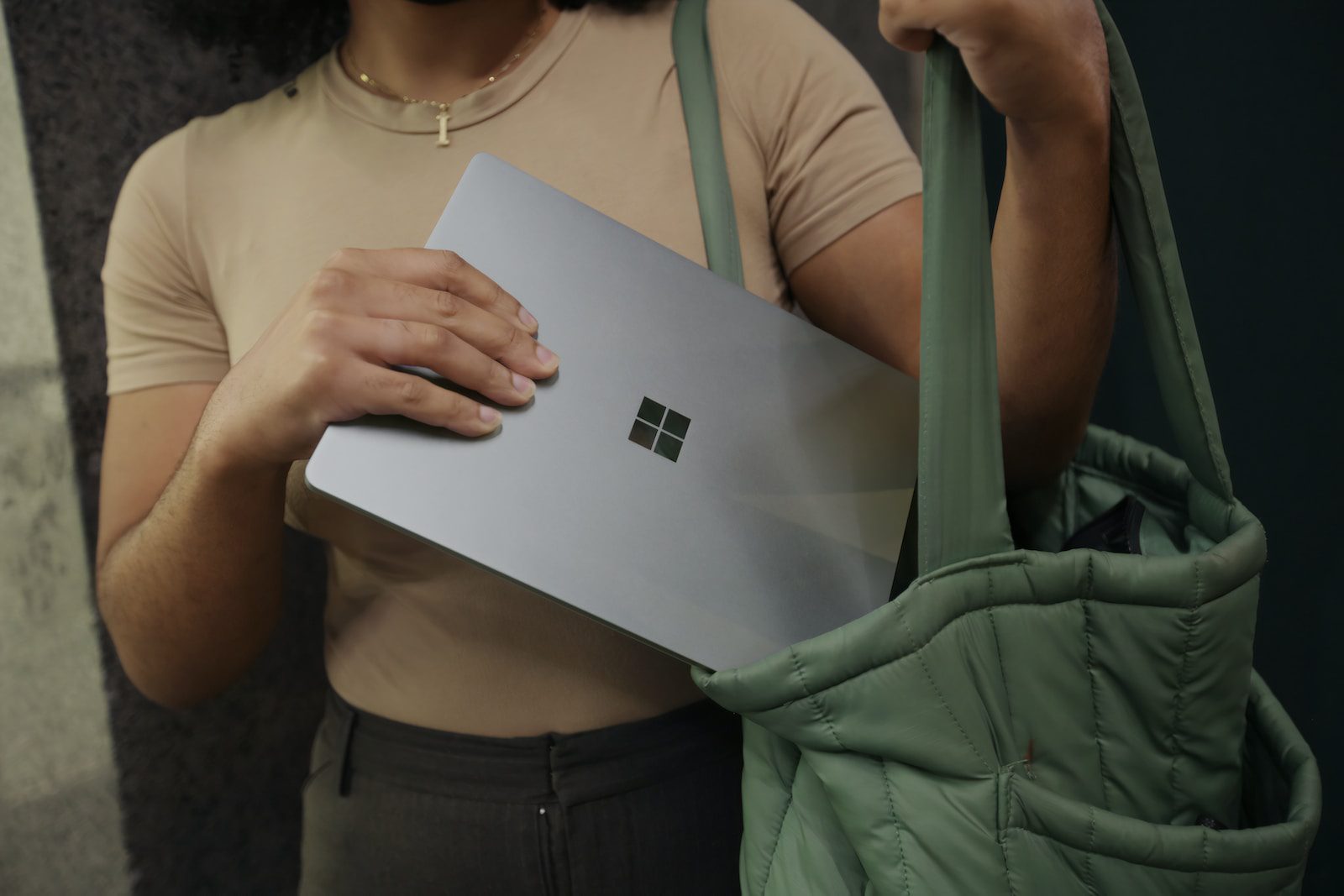Working in IT I regularly bump into misconceptions about RAM. I work with all kinds of systems with various configurations from 128 GB of RAM all the way down to 8 MB or less, and I know that a lot can be done with very little RAM when used properly so I thought I’d take a moment to dispel a few of the myths:
1) More RAM means a faster computer
This is a half truth, sure if you are operating with less than 2 GB you will probably run into swapping with the virtual disk; however, few people actually need more than 4 GB. In truth faster computers are reliant on the elimination of bottlenecks between the various components because for the most part you can only be as fast as the slowest component.
2) All the RAM in my computer is being used already by the operating system
What many people don’t realize is that modern operating systems are smart and like to grab unused RAM to try and cache processes. This is how things actually get sped up as far as loading speeds.
3) Size is the only thing that matters
Sometimes when someone offers to throw in that extra 4 or 8 GB of RAM to seal the deal, make sure it’s the same clock speed as the factory RAM. For example the manufacturer may have added some pretty fast 1600 MHz or 2133 MHz RAM and when the technician adds RAM they may only throw in 1333 MHz or worse.
In my experience the things that tend to slow down perfectly good computers are actually the following:
1) Viruses, Malicious Software, Adware, and PUPs
Most computers seem to end up slowing down when they encounter malicious software and adware. This is especially true of browser opening speeds and system boot times. Keeping these off is the best way to maintain a zippy computer. Antivirus, antimalware, and adware cleanup can help immensely to boost the speed of a system.
2) Poor thermal transfer
This seems to affect laptops in Asia a lot. Laptops tend to eat a lot of dust that blankets the heatsinks inside the computer and the CPU clocks down to prevent itself from overheating making it visibly slower. Desktops tend to have much better ability to dissipate heat in general and are quite easy when cleaning out dust or replacing fans when dust chokes and kills them.
3) Nothing
Often enough when workers report a slow computer they mean websites are loading slowly. This is usually either because the upload/download speeds of the internet connection to the ISP are not fast enough for the environment or someone on the network has hogged all the upload or download either due to the aforementioned viruses, malware, adware, and PUPs; peer to peer file sharing; or just too many staff watching streaming video.
Now granted, some things need a lot of RAM, if you are working with virtual machines or rendering video in a 64 bit application then 8-16 GB can be incredibly valuable; however, the average office user does not need more than 4 GB of RAM. I’ve seen whole offices of 20 people or more working off of a single computer utilizing 4 GB of RAM quite quickly (via terminal computing), 4 GB is plenty for a single user running Windows 10 and office applications. Unfortunately if computers aren’t maintained they will slowdown regardless of the RAM amount.



